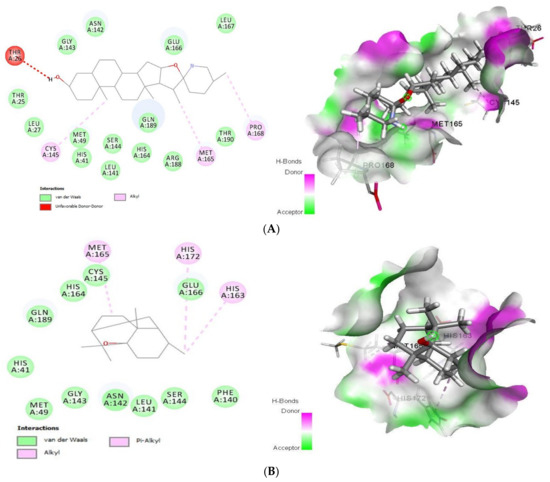One Health Model: A Multisectoral Approach for Protecting Human Health and the Environment
A topical collection in International Journal of Molecular Sciences (ISSN 1422-0067). This collection belongs to the section "Molecular Microbiology".
Editor
Interests: essential oils; bioactive phytochemicals; ethnopharmacology; antimicrobial resistance; one health; food security
Special Issues, Collections and Topics in MDPI journals
Topical Collection Information
The One Health paradigm claims that the health of humans is connected to the health of animals, plants, and the environment. Indeed, an estimated 60% of human pathogens originate in animals, about three-quarters of which are of wildlife origin. This holistic vision implies a coordinated, collaborative, multidisciplinary, and cross-sectoral approach to tackle threats that can originate at the environment–plant–animal–human interface while protecting biodiversity. Because the health of people, animals, plants, and the environment is interconnected, this integrated approach needs specialists in complementary sectors that work together to address environment-related human and animal health risks, as well as to prevent and control diseases shared between animals (including livestock, wildlife, and pets) and humans. Furthermore, the application of a One Health approach is pivotal for achieving the UN Sustainable Development Goals according to the 2030 Agenda for Sustainable Development. Relevant topics in the One Health model include human and animal health, plant health, antimicrobial resistance, food security, food safety, and no less important sustainable agriculture. Indeed, good agricultural practices are essential to manage plant diseases and produce enough food free from mycotoxins and pesticide residues to feed all people. In other words, the One Health vision is a unifying force to safeguard human and animal health, to reduce disease threats, and to ensure a safe food supply through effective and responsible management of natural resources.
Within this broad context, this Topical Collection welcomes original research and review articles focusing on biochemical and molecular aspects at the base of the One Health approach.
Prof. Dr. Marcello Iriti
Guest Editor
Manuscript Submission Information
Manuscripts should be submitted online at www.mdpi.com by registering and logging in to this website. Once you are registered, click here to go to the submission form. Manuscripts can be submitted until the deadline. All submissions that pass pre-check are peer-reviewed. Accepted papers will be published continuously in the journal (as soon as accepted) and will be listed together on the collection website. Research articles, review articles as well as short communications are invited. For planned papers, a title and short abstract (about 100 words) can be sent to the Editorial Office for announcement on this website.
Submitted manuscripts should not have been published previously, nor be under consideration for publication elsewhere (except conference proceedings papers). All manuscripts are thoroughly refereed through a single-blind peer-review process. A guide for authors and other relevant information for submission of manuscripts is available on the Instructions for Authors page. International Journal of Molecular Sciences is an international peer-reviewed open access semimonthly journal published by MDPI.
Please visit the Instructions for Authors page before submitting a manuscript. There is an Article Processing Charge (APC) for publication in this open access journal. For details about the APC please see here. Submitted papers should be well formatted and use good English. Authors may use MDPI's English editing service prior to publication or during author revisions.
Keywords
- infectious diseases
- infection disease surveillance
- emerging diseases
- zoonoses
- environmental medicine
- plant health and diseases
- biodiversity
- food security and safety
- feed security and safety
- malnutrition
- mycotoxins and mycotoxicosis
- pesticides
- public health
- global climate change







